Kenya, Qatar land deal questioned
- Business and tech
- 19 May 2009
Kenya’s plans to lease out about 100,000 acres of land to a Gulf state for agriculture at a time when the country is facing serious food shortages has been criticised.
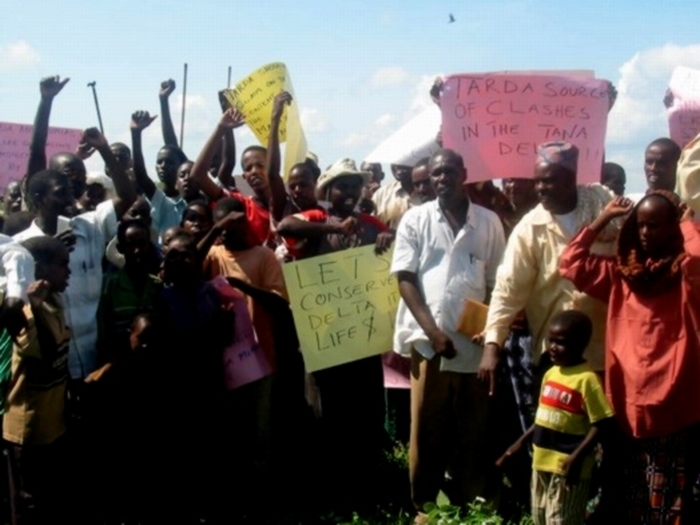
Kenya’s plans to lease out about 100,000 acres of land to a Gulf state for agriculture at a time when the country is facing serious food shortages has been criticised.

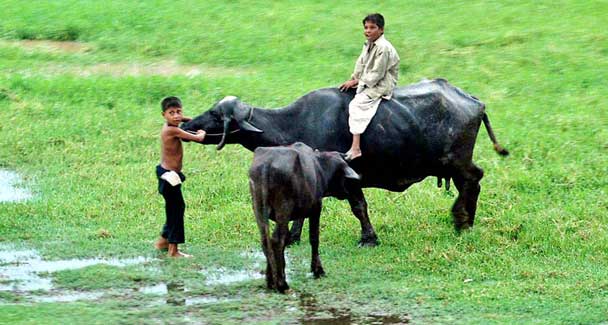
Le gouvernement devrait lancer, en juin prochain, des appels d'offres pour la vente de terres agricoles à des investisseurs locaux et étrangers, dans le cadre du projet d'une nouvelle zone agro-industrielle, a indiqué le chef de l'Autorité du développement industriel, Amr Assal.

Pakistan dramatically increased the amount of farmland open to foreign investors to six million acres, but will require outsiders to share half of their crop with local growers, Pakistan’s investment minister told Reuters.
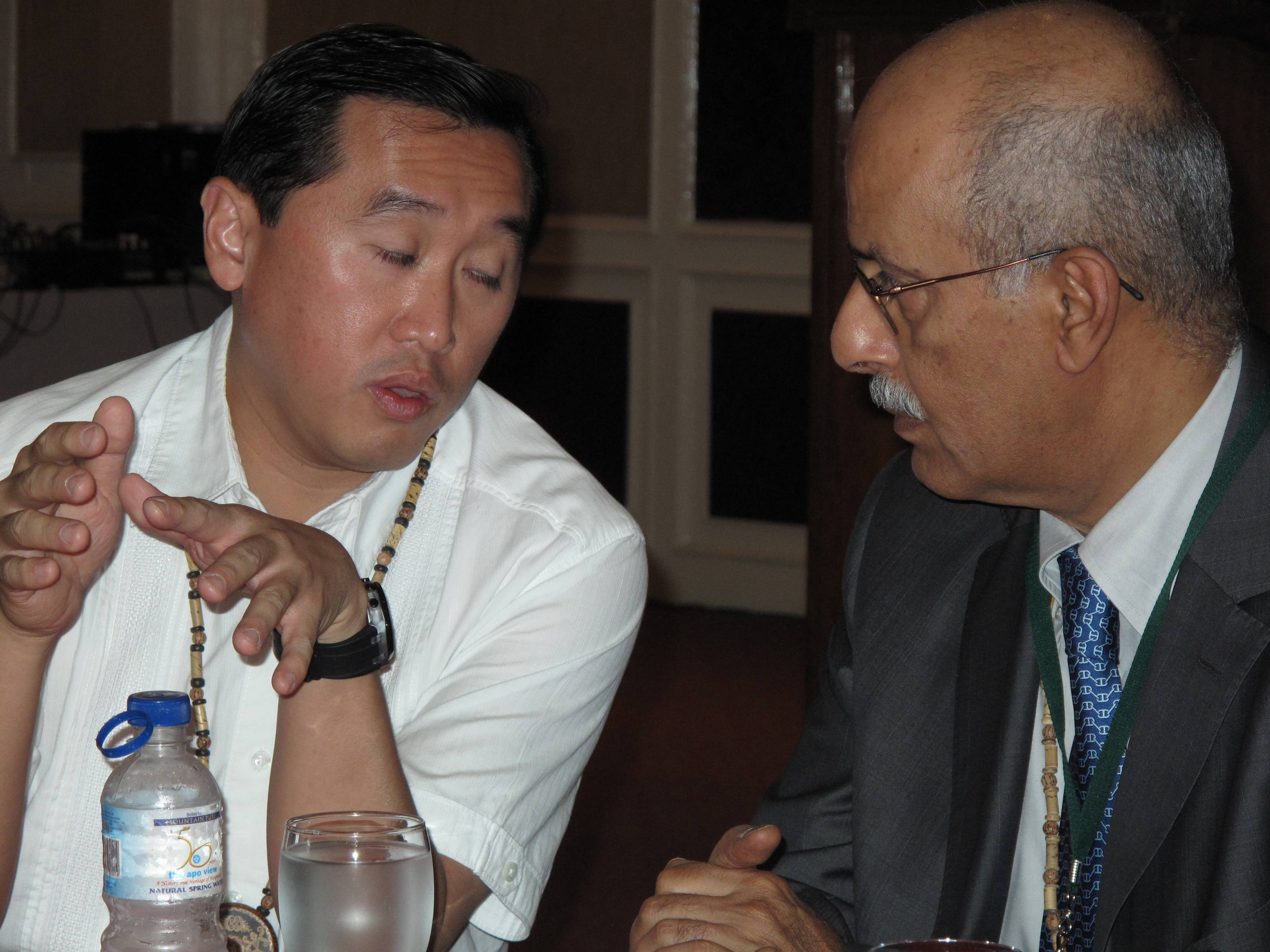
The Philippine agriculture department has assured that the government’s bid to attract foreign investments to farm ventures will not compromise the country’s food security and self-sufficiency targets.
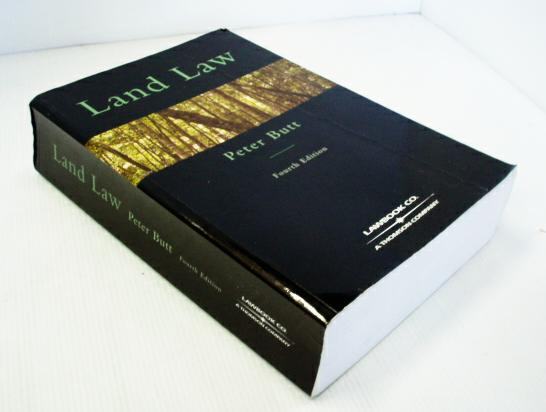
Prof Hastings Okoth-Ogendo died last month hours after his groundbreaking draft, ‘Framework and guidelines on land policy in Africa’, was approved by a conference of African Union ministers of land and agriculture.
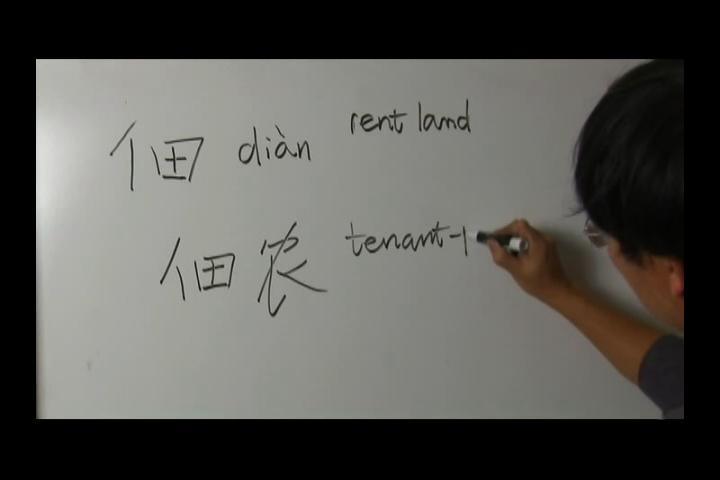
Lula said that his country could become a “strategic partner” for Saudi Arabia in its search for farm investment opportunities abroad to develop greater food security.

China’s Deputy Agricultural Minister, Niu Dun, has announced that China will not look towards the African continent to outsource food production by investing in overseas farmland.
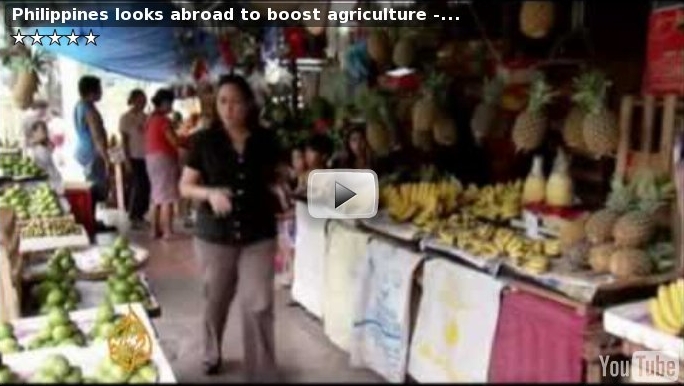
The United Nations says the issue of food security has become one of the world's fundamental challenges. In the Philippines, the government has started looking beyond its borders as it tries to boost domestic agriculture. Many small farmers, however, are not happy about that, as Marga Ortigas explains
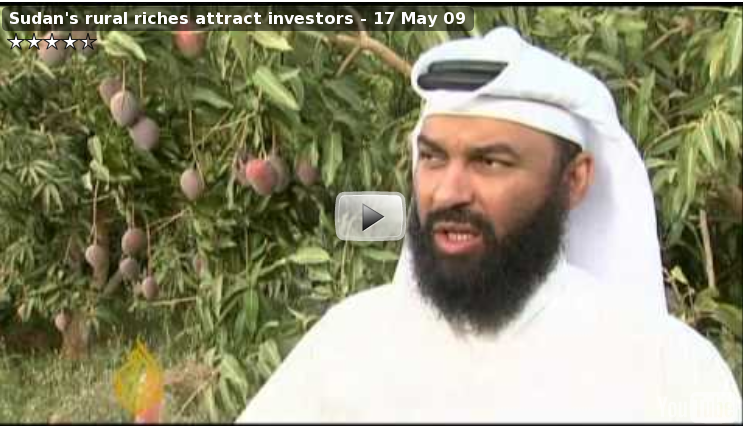
One area the Saudis are looking at is investment in agriculture in Brazil as Riyadh seeks to build up food security by purchasing or leasing farmland in other countries.

Despite internal conflicts and an inability to feed its own people, Sudan believes it can be not only Africas breadbasket, but also the world's.
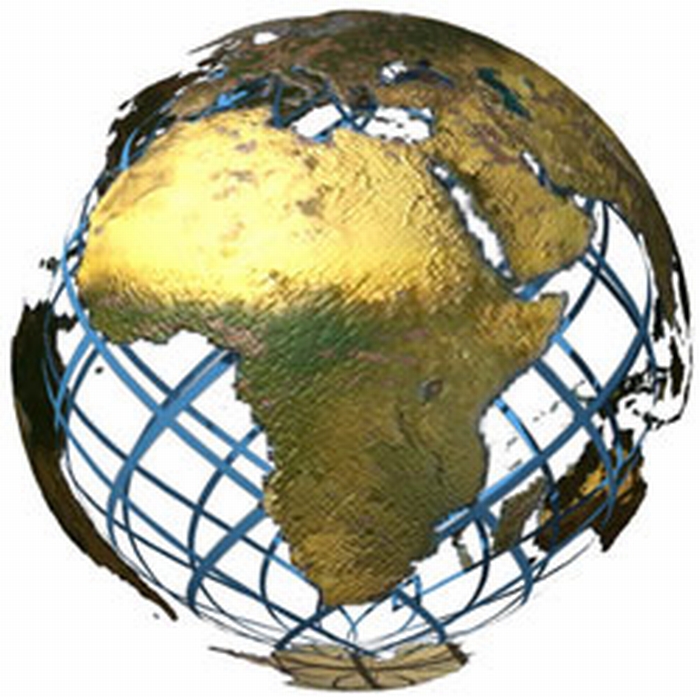
Pakistan hopes to attract more than $10 billion of investment from oil-rich Arab Gulf countries this year to help develop the country's infrastructure, a senior government official said Saturday.

Investors from the UAE are considering a number of investments in Pakistan, despite escalating violence in the north-west of the country.

Women in China’s northwestern Xinjiang Uyghur Autonomous Region have turned back officials trying to implement a forced farming program on their land, but remain concerned about their property rights, according to farmers there.

Kuwait is also looking at making investments in other sectors in China, while also pursuing agreements in Southeast Asia to guarantee food security for the desert state that relies predominately on imports of food.
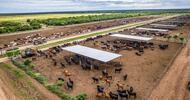
|
Paraguay: Huge beef farm hits market
|

|
Obsolètes, les réformes agraires ?
|